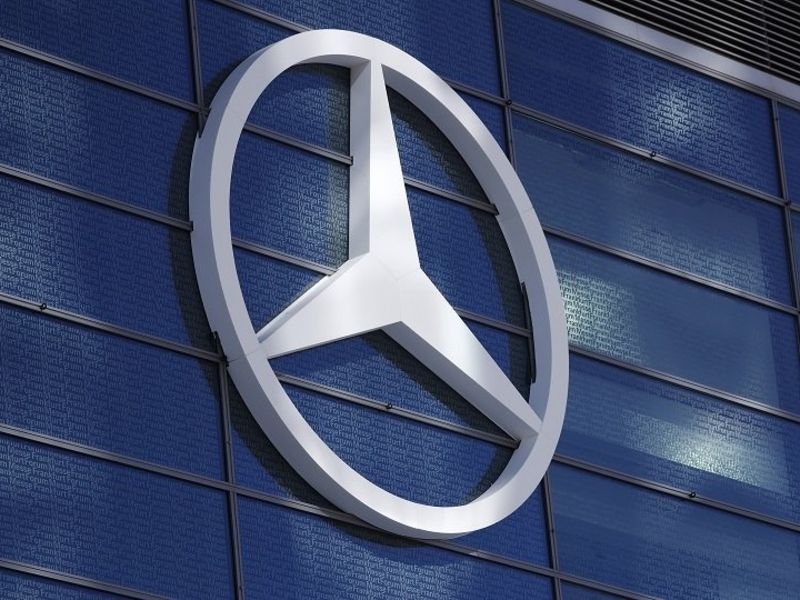
Daimler’s Mercedes-Benz complied with Europe’s tighter emissions limits last year as a late surge in plug-in vehicle sales spared the world’s largest luxury-car maker from fines.
Mercedes shipped just under 160,000 plug-in hybrid and fully-electric cars in 2020, with the fourth quarter accounting for about half of those deliveries, Daimler CEO Ola Kallenius told reporters on Thursday. He had cautioned in the past that meeting the emissions target would be a close call.
“The good trend we’ve seen in the third quarter continued in the fourth quarter driven by China, but not only China as other markets improved as well,” Kallenius said of overall demand. Mercedes plans to speed up the rollout of electric models and is committed to meeting more stringent emissions rules in the coming years, he said.
Daimler navigated the biggest industry slump since World War II better than initially feared and also made progress restructuring its sprawling industrial operations to bolster returns. It will publish detailed sales results for 2020 on Friday.
PSA Group and Volvo Cars, along with BMW and Renault, are among automakers expected to meet the EU’s emissions rules. Volkswagen Group has said it might narrowly miss its target.
Stuttgart, Germany-based Daimler will introduce the electric compact car EQA this month after rolling out the latest iteration of its flagship S-Class sedan last year. It will launch four purely-battery powered vehicles in 2021 to step up its challenge of Tesla Inc.
Kallenius also acknowledged that Mercedes-Benz is affected by an industrywide supply bottleneck of semiconductor parts that has hit larger German rival Volkswagen. The manufacturer is doing everything it can to minimize effects on production, he said.